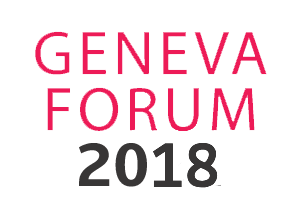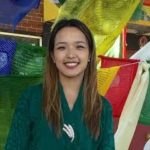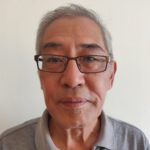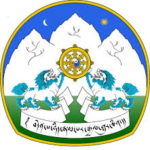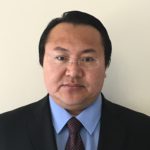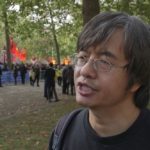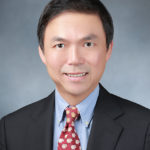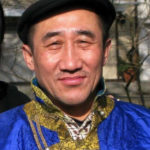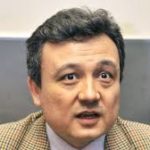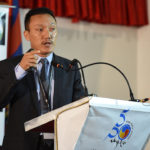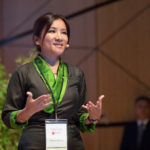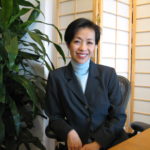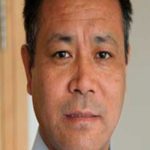GENEVA FORUM 2018
FORUM ON HUMAN RIGHTS SITUATION IN REGIONS UNDER THE PRC
Areas of focus: China, Tibet, East Turkestan (Ch: Xinjiang) and Southern Mongolia
Key organizers: Department of Information and International Relations and Office of Tibet Geneva, Central Tibetan Administration
Abstract:
A day-long forum titled “Forum on Human Rights Situation in Regions under the PRC” (“The Forum”), jointly organized by Department of Information and International Relations (DIIR), CTA and Office of Tibet Geneva was held in Geneva.
The Forum brought together a select group of human rights experts, academics, diplomats, practitioners, advocates and activists on November 2, 2018, in Geneva; three days ahead of China’s third Universal Periodic Review (UPR) that took place on November 6, 2018. The Forum was expected to serve as a rallying point ahead of the UPR proceedings.
The UPR is a UN Human Rights Council mechanism to enable States to make comprehensive evaluations of the human rights situation in all UN states. The UPR is an important tool for civil society and governments to use to engage with China on current human rights situations.
There has been a dramatic deterioration of human rights in regions under the control of People’s Republic of China. China has unleashed an increased assault on the fundamental human rights of the people under its rule, including human rights defenders who increasingly face arbitrary detention, imprisonment and torture.
Since the last UPR cycle in 2013, China has failed to implement even the simplest of provisions to protect the rights of the people under its rule, including failing to implement accepted recommendations from both previous UPR cycles. The lack of joint action from governments has served to exacerbate the situation and the impunity under which the Chinese Communist Party (CCP) strips its citizens of universal human rights. Furthermore China’s tactics to silence criticism of its behavior have been even more aggressive in recent years.
Successive United Nations High Commissioners for Human Rights have not been able to visit China and since the last UPR only two UN Special Procedures mandate holders have been able to visit China, both of which were heavily restricted by the authorities and neither of which enable a visit to Tibet. A further 15 visit requests are pending and without these expert visits it is extremely difficult for an objective assessment of the restrictions imposed by China on citizens under their rule, including government imposed restrictions on citizens in Han Chinese, Tibet, East Turkestan (Ch: Xinjiang), Southern Mongolia – and now Hong Kongers .
It was crucial that UN Members States use the UPR to ensure China is strongly scrutinized in this 3rd-cycle UPR. To do this governments must include robust participation to address the alarming developments and trends that we see in regions under the PRC rule.
The Forum took place in the lead up to UPR deliberated on the human rights situation within the PRC, in particular in areas of freedoms (of thought and religion; opinion, expression and press; assembly and association; social, economic, cultural; language;) and surveillance, securitization, censorship, monitoring of online activity, while questioning the challenges to the UN Human Rights Institutions and Mechanisms in engaging with China. Outcomes from the Forum included recommendations on how to best ensure China is made accountable under the UNHRC mechanisms and treaty bodies, thereby bringing about an redress of the rights violations prevalent in regions under the PRC rule.
Central Tibetan Administration President, Dr Lobsang Sangay, delivered the keynote address at the Forum and a further 15+ key speakers and witness accounts made up three specific panel discussions. Geneva-based staff from UN Permanent Missions were also present at the Forum, which was open to the public as well and was live streamed on Tibet TV, the official web TV of Central Tibetan Administration.
The Forum had 3 panel sessions lasting two hours each. These sessions explored the following topics:
- Overall developments in PRC: Human Rights Situation within the PRC under the CCP rule.
- Situation of Tibetans, Mongols, Uyghurs.
- Challenges to UN Human Rights institutions in engaging with China.
Eye Witness account:

– Golog Jigme (activist and filmmaker)
